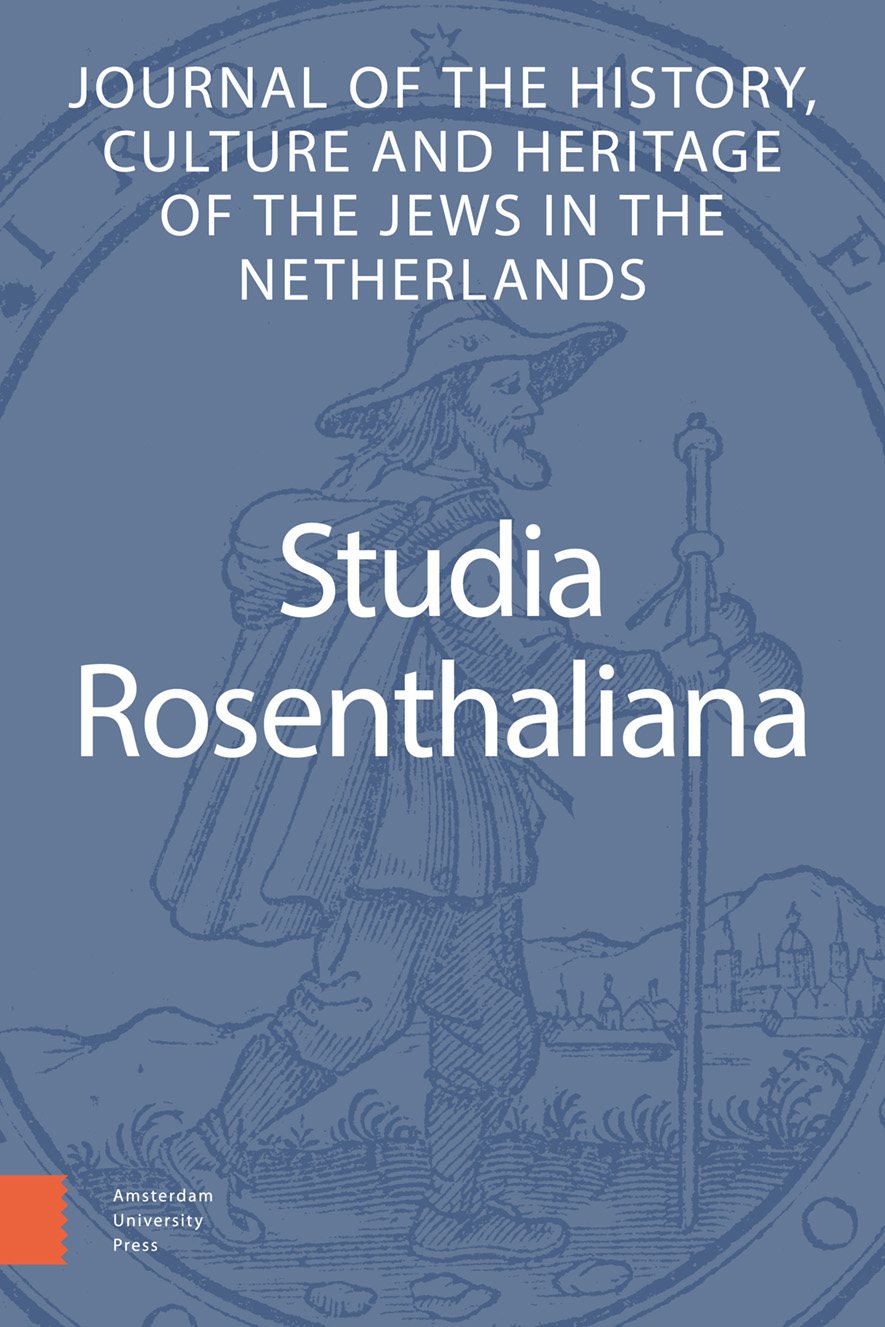-
oa How Jewish Leaders Lobbied for Rights and Renegotiated Community While Besieged in Dutch Brazil, 1645–1654
- Amsterdam University Press
- Source: Studia Rosenthaliana, Volume 48, Issue 2, Dec 2022, p. 117 - 138
-
- 01 Dec 2022
Abstract
Beginning in the 1630s, Dutch Brazil sheltered the first openly-Jewish community in the Americas. In 1645, however, Catholic rebels overran the sugar-producing hinterland of the colony, executed Jewish prisoners, and besieged the capital.
This article analyses Jewish community leaders’ responses to these disasters. First, Jews demonstrated their loyalty and petitioned Dutch authorities to gain protection against both their Catholic enemies and their Protestant neighbours. Next, Jewish leaders leveraged their relationship with the government to gain authority over all Jews in Dutch Brazil. Finally, Jews gained representation in decisions affecting the entire colony, although their newfound political power was insufficient to prevent the colony’s surrender in 1654.
Veterans of Dutch Brazil helped found the Jewish communities of New Amsterdam, Curaçao, Suriname, Barbados, and Jamaica. Thus, analyzing communal strategies in the tumultuous final decade of Dutch Brazil enriches our understanding of the next phase of Atlantic Jewish history.


